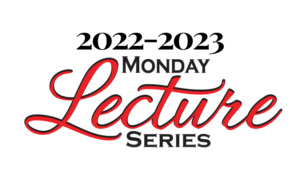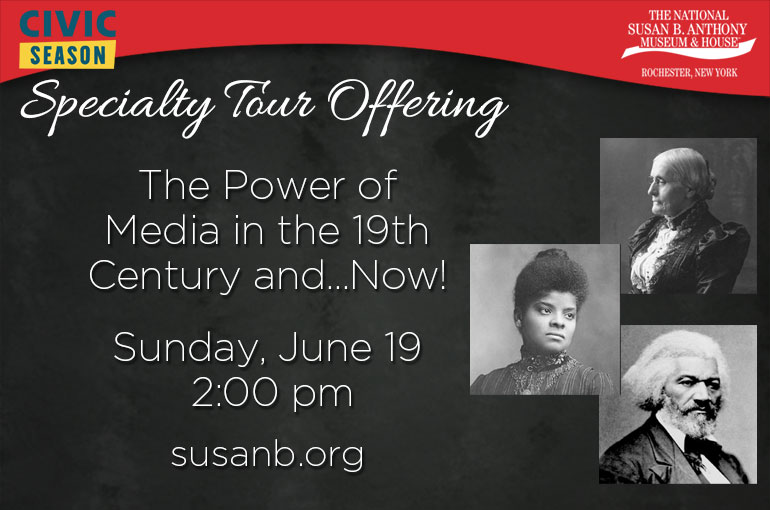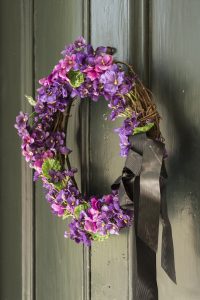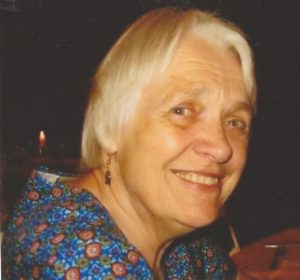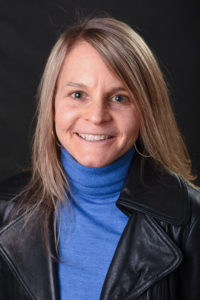How Indigenous Women Championed Suffrage

Pictured: Bark Longhouse at Ganondagan State Historic Site in Victor, NY. Special thanks to the staff at Ganondagan for their incredibly informative tour and resources on this topic.
While many point to the Seneca Falls Convention and its female abolitionists as the birth of the women’s rights movement here in New York State, there is a long history of women’s equality that predates European presence in North America.
The Haudenosaunee (“People of the Longhouse”) are a democratic coalition of Six Nations: Seneca, Cayuga, Onondaga, Oneida, Mohawk, and later, Tuscarora, who put an end to a period of war and ushered in an era of peace and prosperity for its people. It became the longest running recorded democracy in history, inviting all to participate, regardless of gender. Under the Haudenosaunee government, Clan Mothers represented their clans (a group of extended family members) and gained incredible respect by listening carefully to the voice of their community and bringing those needs to the Hoyaneh (male leader of a clan). Clan Mothers were responsible for appointing Hoyaneh, but instead of choosing warriors, they consistently chose men who had never killed in battle. If this man proved to be an irresponsible leader, this council of women also had the power to remove him from office. These wise women know the young men of their tribe well, and are careful to choose a Hoyaneh that will represent his people well in the broader Haudenosaunee government.
Women’s roles were respected in the home, as well. Because bloodlines were (and still are) traced through the mother, not the father, children inherit their mother’s clan name. When a couple married, the man would leave his tribe/family to live with his new wife and her family, sharing child rearing duties with the whole community*. In the case of divorce, which was openly available to women, children stayed with the mother’s clan and the ex-husband was sent back to his parents. Possibly the most telling sign of the happy, healthy, female community during this time was the rarity of assault. Family groups practiced a very open style of living in longhouses, which prevented secrecy and encouraged strong community bonds. The recorded cases of sexual misconduct that we can study from this time were punished severely, in accordance with the strong religious and social values the crime violated. Overall, history shows us that Haudenosaunee women enjoyed peace, safety, and social respect. While European-American women in the 1800’s were told to hold their tongue, obey their patriarch, and surrender their income and property, Indigenous women were encouraged to voice their opinions, lead a household, and manage resources. It is a model that early suffragists found absolutely inspiring.
Haudenosaunee women were happy to teach their lifestyle to suffragists like Matilda Joslyn Gage, an early and outspoken proponent of Indigenous life as the premier model for the suffrage movement. Gage fostered a relationship with local tribes throughout her life and took what she learned back to her own community. Although most suffragists dismissed Gage as a radical, shrewd strategists like Susan B. Anthony and Lucretia Mott deeply admired the harmony and independence of female life in Haudenosaunee tribes, mirroring that system in their own goals for the women’s right movement. In democracy and equality, the United States owes so much to the teachings of First Nations People.
* Many sources reveal that married men were still active in the lives of their birth family, including helping care for their sisters’ children, etc.


